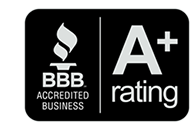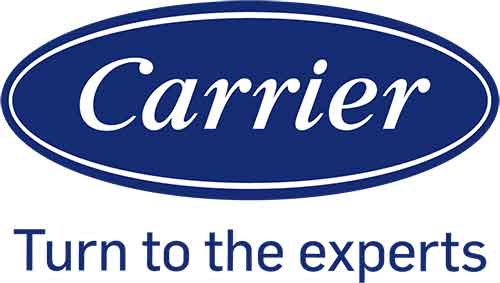The hot and humid summers in Tallahassee, FL, cause your air conditioning system to work hard at maintaining indoor comfort. Every time the thermostat triggers a new cooling cycle to begin, the system’s capacitor delivers a large load of electricity that it has stored on its metal plates. A problem with the capacitor has serious consequences on the air conditioning system’s functioning. Here are three ways to identify a problem with your AC capacitor.
Check the Air Vents
When there’s warm air instead of cool air blowing from the vents, a bad capacitor is one reason why. First, check the air filter. If it’s dirty, replace it. If there’s still warm air coming from the vents, it’s a good idea to have a qualified service technician take a look. Capacitors have 370 to 400 volts of electricity, so this isn’t a DIY repair.
Listen for Unusual Sounds
When capacitors go bad, they often make a loud humming sound. You’ll likely hear this humming sound at the start of a cooling cycle, which is when the capacitor jump-starts the condenser’s motor. You may also hear a loud humming sound at the end of the cooling cycle. This is when the capacitor powers down the cooling system. According to the Department of Energy, corrosion is a common cause of wiring and capacitor problems.
AC Won’t Turn On or Off
A malfunctioning capacitor may prevent the air conditioning system from turning on. Verify that the thermostat is set to cool. Make sure the cooling system has power. If the thermostat is fine and the unit has power, a bad capacitor could be preventing the unit from cycling. It’s also possible for a bad capacitor to cause the cooling system to suddenly shut off. It could do this shortly after starting a cooling cycle.
To learn more about AC capacitor problems, take a look at High Quality Heating and Air, Inc.’s air conditioning repair services, or call us today.







